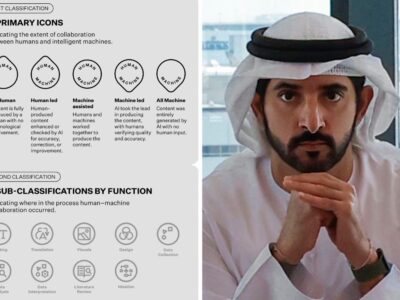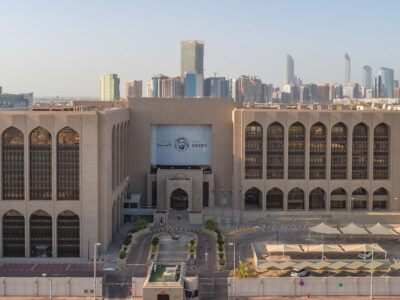Dubai has updated dispute resolution and conciliation laws in the emirate.
In his capacity as Ruler of Dubai, Sheikh Mohammed bin Rashid Al Maktoum, Vice President and Prime Minister of the UAE, has issued Law No. (9) of 2025, amending specific provisions of Law No. (18) of 2021 governing the regulation of conciliation frameworks for dispute settlement in the emirate.
The law replaces ten articles from the original legislation and is part of Dubai’s ongoing efforts to modernise its legal system and enhance the efficiency and quality of judicial services for all members of society.
Article 5 of updated Dubai law
The law outlines categories of disputes that must undergo conciliation efforts before proceeding to litigation. These include:
- Disputes referred by the President of Dubai Courts
- Personal status disputes
- Cases where both parties agree to refer the matter to the Centre for Amicable Settlement of Disputes (CASD)
- Lawsuits referred to CASD based on a prior agreement between the litigants
Certain disputes are excluded from mandatory conciliation, including:
- Interim orders and urgent cases
- Matters of guardianship, inheritance, and marriage/divorce verification
- Disputes beyond Dubai Courts’ jurisdiction
- Disputes where conciliation is prohibited under existing laws
However, the Inheritance Court retains the right to propose settlement in inheritance-related disputes.
Article 6 of updated Dubai law
Article 6 of the law addresses the scope of dispute resolution procedures before the CASD and the Family Guidance and Reconciliation Committee.
- Disputes submitted to CASD through Dubai Courts’ electronic system will be reviewed by a Conciliator under the supervision of a Competent Judge
- Personal status disputes are handled by the Family Guidance and Reconciliation Committee, following procedures set by the President of the Judicial Council
- The CASD and Family Committee may engage experts to provide technical input, with scope, fees, and deadlines clearly outlined
If a conciliation is reached, a Conciliation Agreement is signed, approved, and granted the force of a writ of execution once validated.
Additional provisions of the new law, include:
- Article 8: Details procedures for dispute registration before government and authorised entities
- Article 9: Outlines the duties of the Chief Justice
- Article 23: Defines the format and effect of the Conciliation Agreement
- Article 24: Specifies when a Conciliator’s assignment is deemed concluded
- Article 28: Sets out criteria for Dubai Courts to accept lawsuits requiring prior conciliation
- Article 30: Defines fees for dispute registration and approval of Conciliation Agreements
Article 27 of Law No. (9) of 2025 outlines the requirements for approving a Conciliation Agreement and validating the executory formula.
Once requirements are confirmed, the Conciliator approves the agreement and applies the executory formula.
- Challenges must be based on fraud or deception, filed within five business days
- A Competent Judge will issue a final ruling within five business days
- Copies of the agreement are only provided to parties involved; second copies require a court order
The law will be published in the Official Gazette and enter into force upon publication.
The amendments support Dubai’s broader aim to enhance its legal ecosystem by promoting amicable dispute resolution, strengthening contractual and business relationships, expediting case resolution, and ensuring confidentiality throughout the process.








